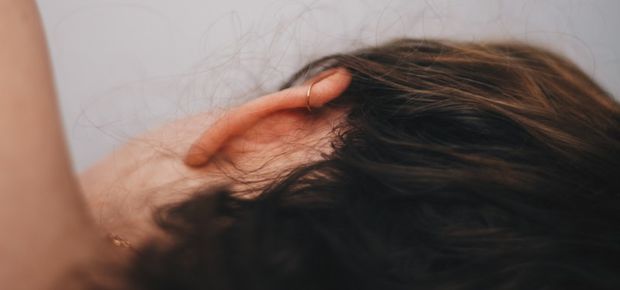
Tinnitus is characterised by a ringing in the ears, and is not a condition in itself, rather it is a symptom of a hearing defect. This is typically a malfunction in the middle ear, and can lead to disruption to everyday life; affecting concentration, mood and impacting on sleep patterns. Loud noise is one of the prime triggers for tinnitus, with some professions and situations more susceptible than others. These include those who work in heavy industry, transport and the music industry. The growth of personal stereo use, with the associated use of headphones, is also attributed with a rise in hearing related problems. For more information, check out article entitled "Sound Therapy for Tinnitus".
Symptoms of Tinnitus
The range of sounds that characterise tinnitus may vary from person to person, and can include hissing, ringing, buzzing, roaring, and whistling. This can occur in one or both ears. In severe cases dizziness, headaches and even nausea may be experienced.
Structure of the Ear
The ear is divided into three sections, the outer, middle and inner ear. It is believed that tinnitus is caused by problems in the middle and inner ear. The middle ear is comprised of three tiny bones called ossicles which vibrate and pass on sound waves to the inner ear. The auditory nerve situated in the inner ear is also believed to be linked to symptoms of tinnitus.
Causes of Tinnitus
There may be a range of causes of tinnitus, though noise – specifically excessive levels of noise – is one of the primary culprits. Other causes include:
- Excessive ear wax
- Stress or shock
- Fatigue
- Ageing, with the accompanying deterioration of one’s hearing
- Ear conditions and diseases
- Head injury
- Certain medicines may bring on tinnitus
- Smoking, which causes blood vessels to constrict; and
- Diet, including stimulants such as caffeine and suppressants such as alcohol
Tinnitus Treatment
There is no cure for tinnitus, though for sufferers who experience the condition due to stress and fatigue, exercise; as well as relaxation therapies such as sound therapy, yoga, reflexology, massage, meditation, acupuncture and hypnotherapy may all provide some relief. Initial diagnosis is via consultation with a doctor, who will typically refer one to an audiologist or an ear, nose and throat specialist. In severe cases counselling and therapy may be needed as severe tinnitus can cause anxiety and depression.
Find a potential source of relief for your tinnitus, find out more about natural therapies for hearing loss.
|
Do you have a natural health & wellness business? |









